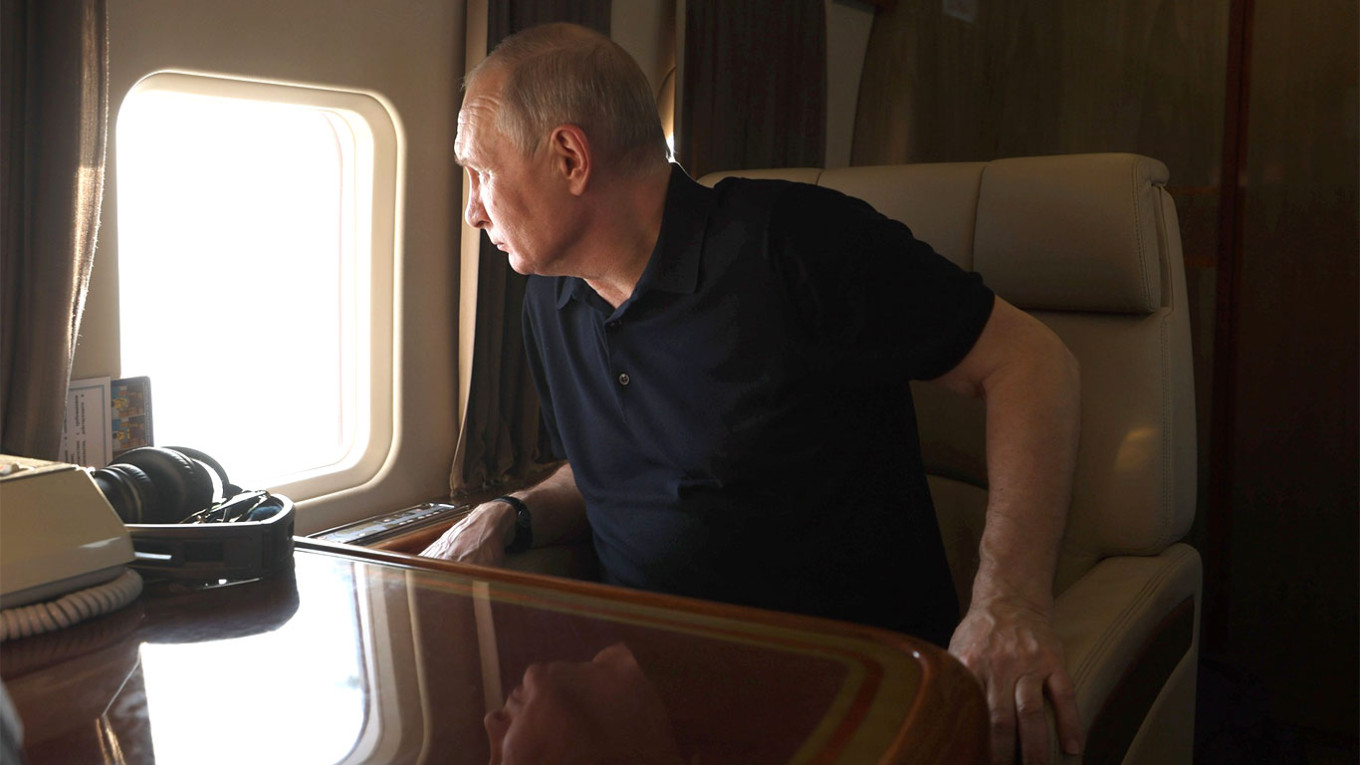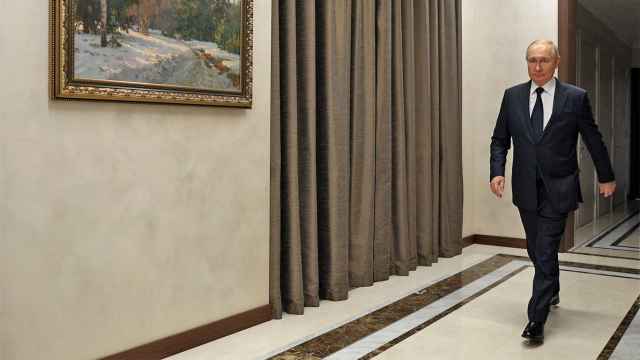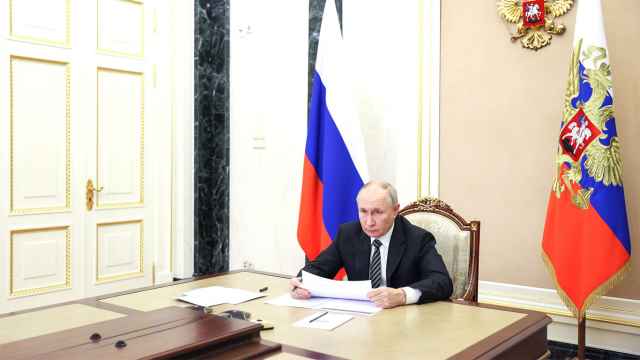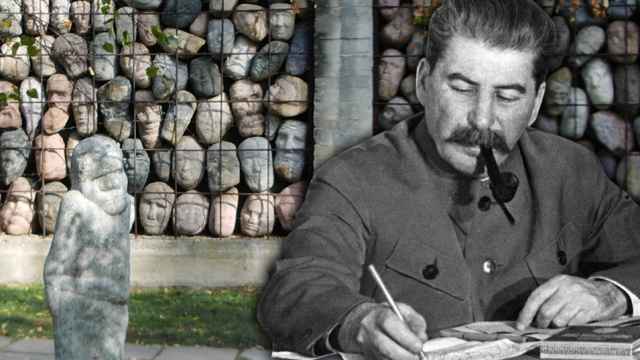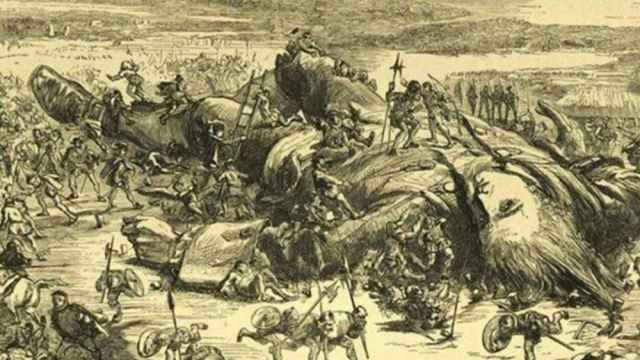The Kremlin said Thursday that footage, which could not be verified, apparently showing President Vladimir Putin greeting adoring supporters proved that he has "astounding" support after quelling an armed insurrection.
Moscow has insisted that Putin's long rule has not been weakened after Wagner mercenaries marched hundreds of kilometers — almost reaching Moscow — and captured military facilities in southern Russia, appearing to gain some support.
Putin is rarely seen meeting ordinary Russians, especially since the Covid pandemic, which saw him observe strict isolation rules, with some of those restrictions still in place.
Moscow late on Wednesday released footage of Putin walking up to a cheering group of mostly women in Derbent, an ancient city in the Dagestan region of southern Russia.
"In Derbent, there was an astounding demonstration of support and happiness of the local population," Kremlin spokesman Dmitry Peskov said Thursday.
He said Putin "could not refuse" greeting the crowd.
Surrounded by men in suits and a cameraman, the 70-year-old leader reached out over a barrier to shake people's hands.
Then, with his jacket off, he waved goodbye and blew a kiss to the crowd, before getting in a car.
The Kremlin, which has not mentioned Wagner chief Yevgeny Prigozhin by name since his mutiny, has insisted that Putin has not been weakened by the rebellion.
"The data we have show the prevailing and dominating support of the president and the special military operation," Peskov said Thursday using Moscow's official term for the conflict in Ukraine.
Putin has insisted that the mutineers did not galvanize support during their rebellion.
He initially condemned the rebelling Wagner fighters as traitors and vowed tough punishment but after the mutiny was halted, Putin allowed the fighters to go back to their homes, join the regular army or go into exile in Belarus.
A Message from The Moscow Times:
Dear readers,
We are facing unprecedented challenges. Russia's Prosecutor General's Office has designated The Moscow Times as an "undesirable" organization, criminalizing our work and putting our staff at risk of prosecution. This follows our earlier unjust labeling as a "foreign agent."
These actions are direct attempts to silence independent journalism in Russia. The authorities claim our work "discredits the decisions of the Russian leadership." We see things differently: we strive to provide accurate, unbiased reporting on Russia.
We, the journalists of The Moscow Times, refuse to be silenced. But to continue our work, we need your help.
Your support, no matter how small, makes a world of difference. If you can, please support us monthly starting from just $2. It's quick to set up, and every contribution makes a significant impact.
By supporting The Moscow Times, you're defending open, independent journalism in the face of repression. Thank you for standing with us.
Remind me later.


